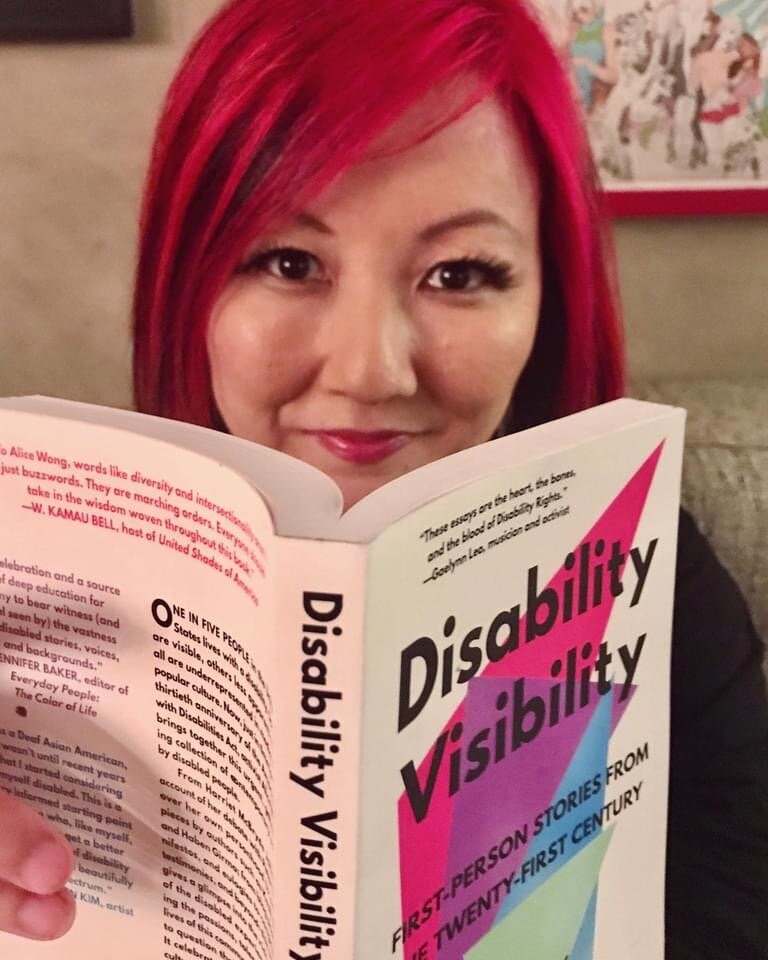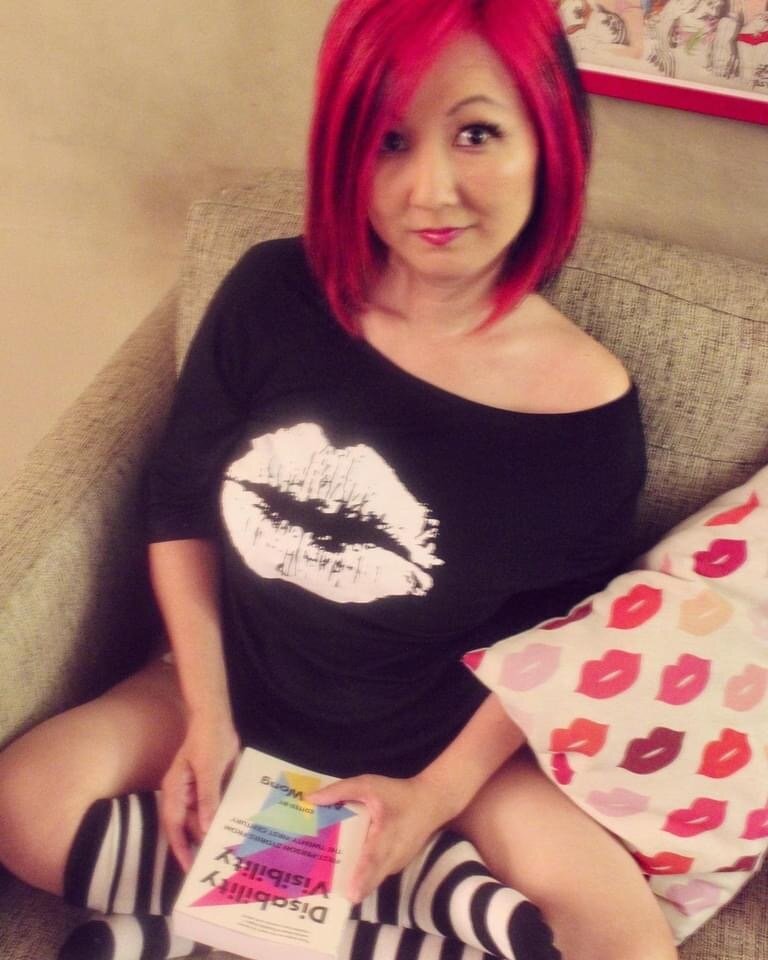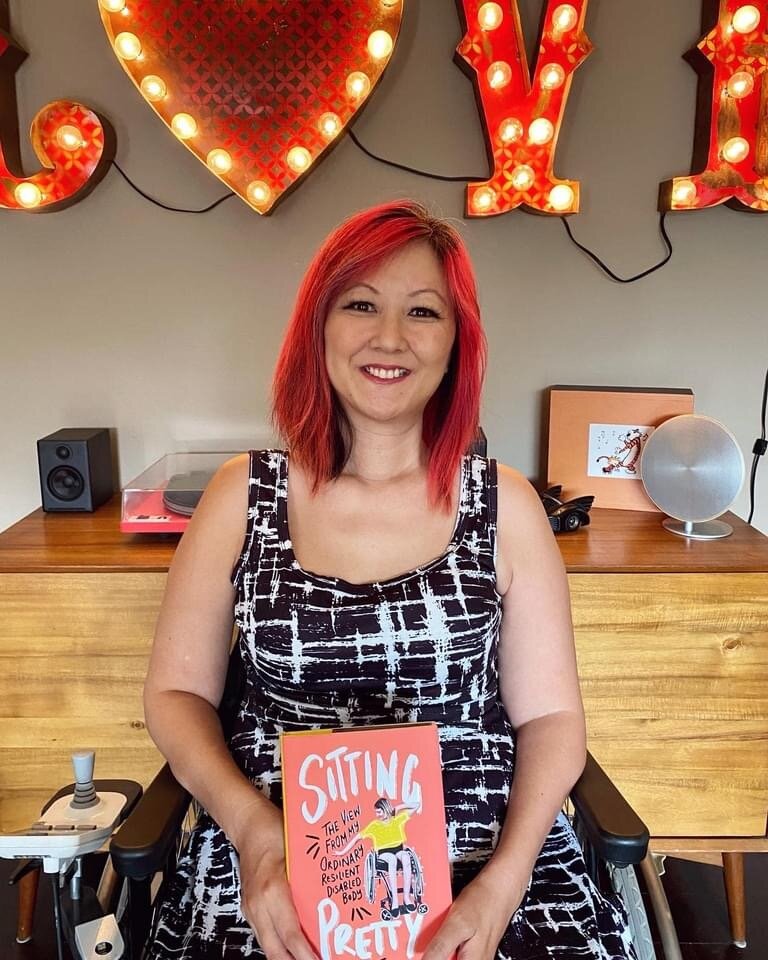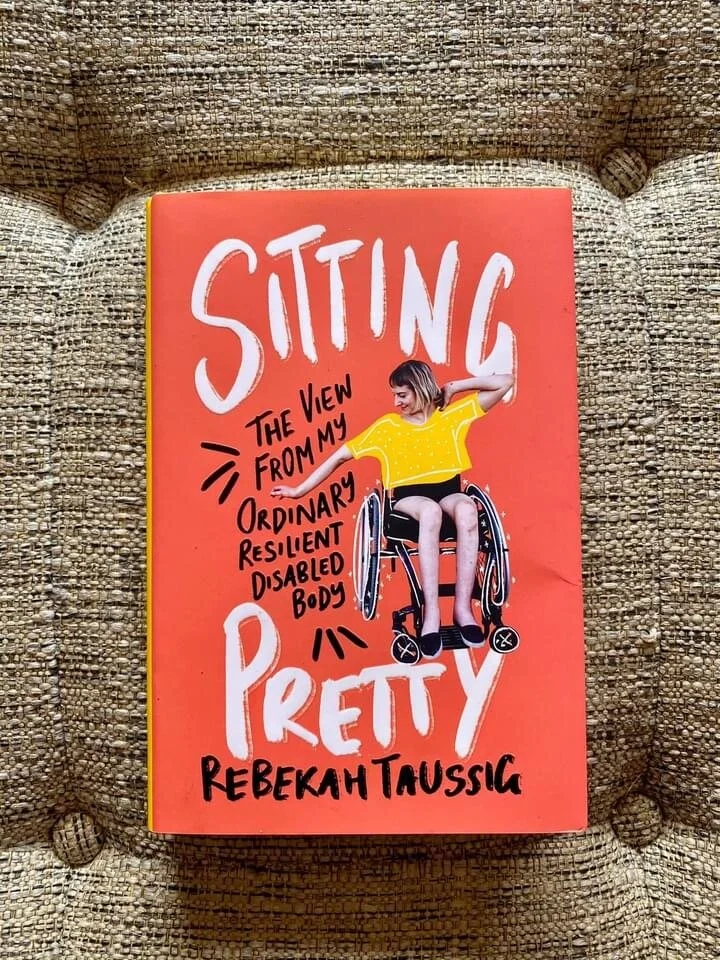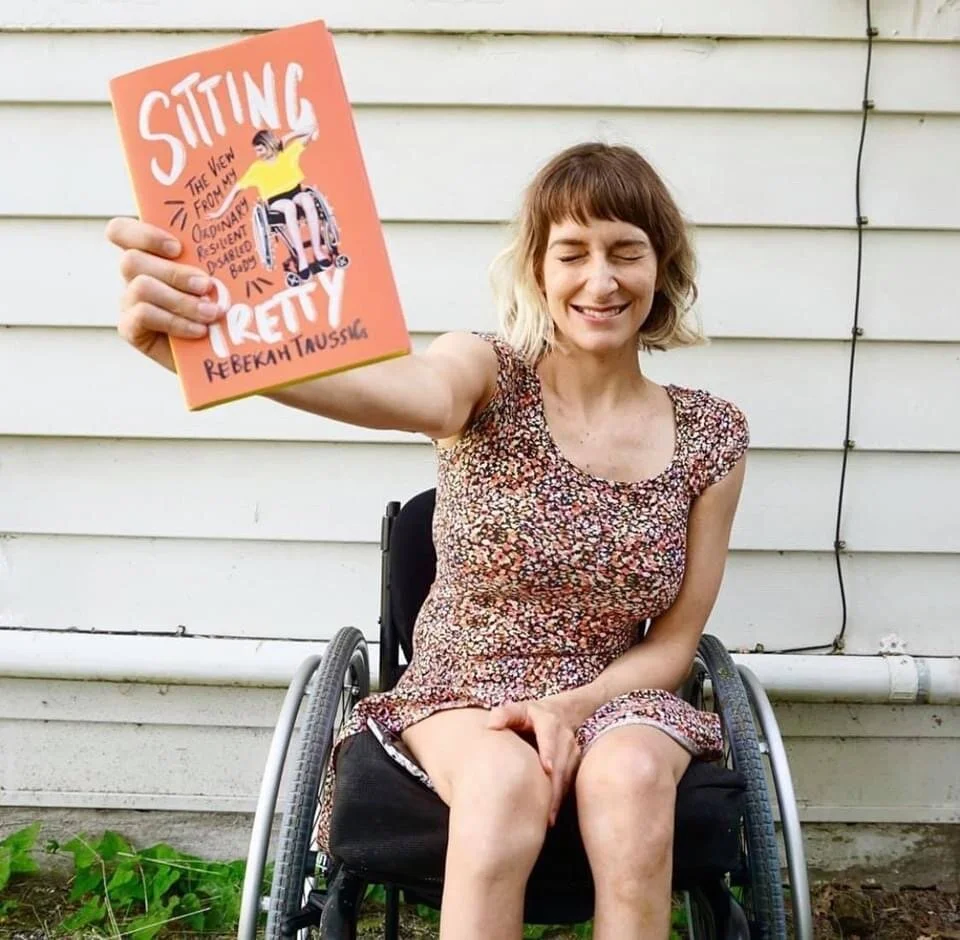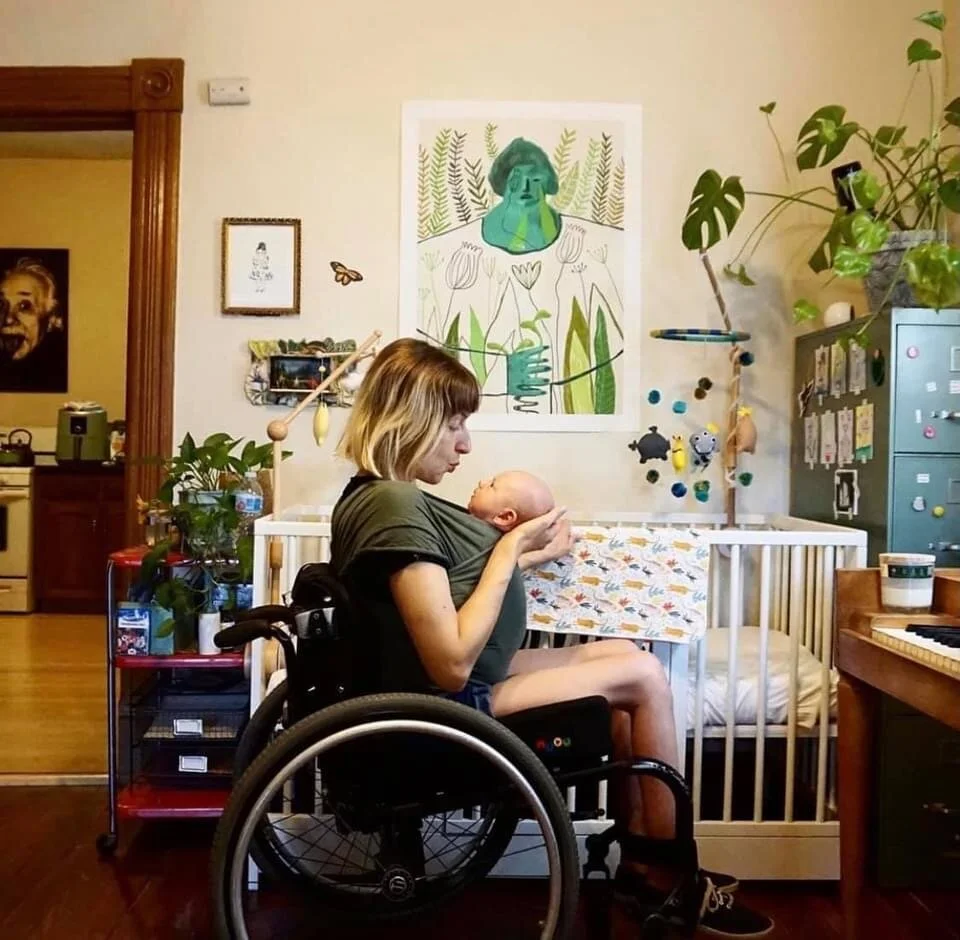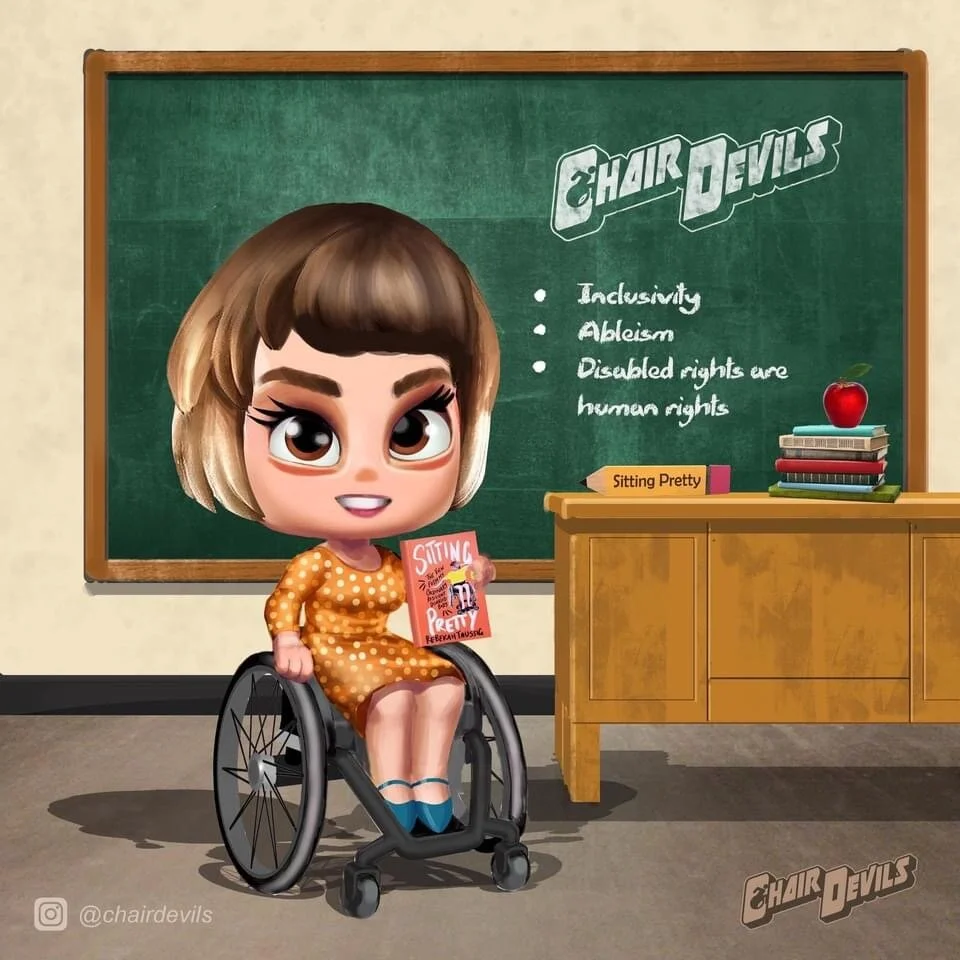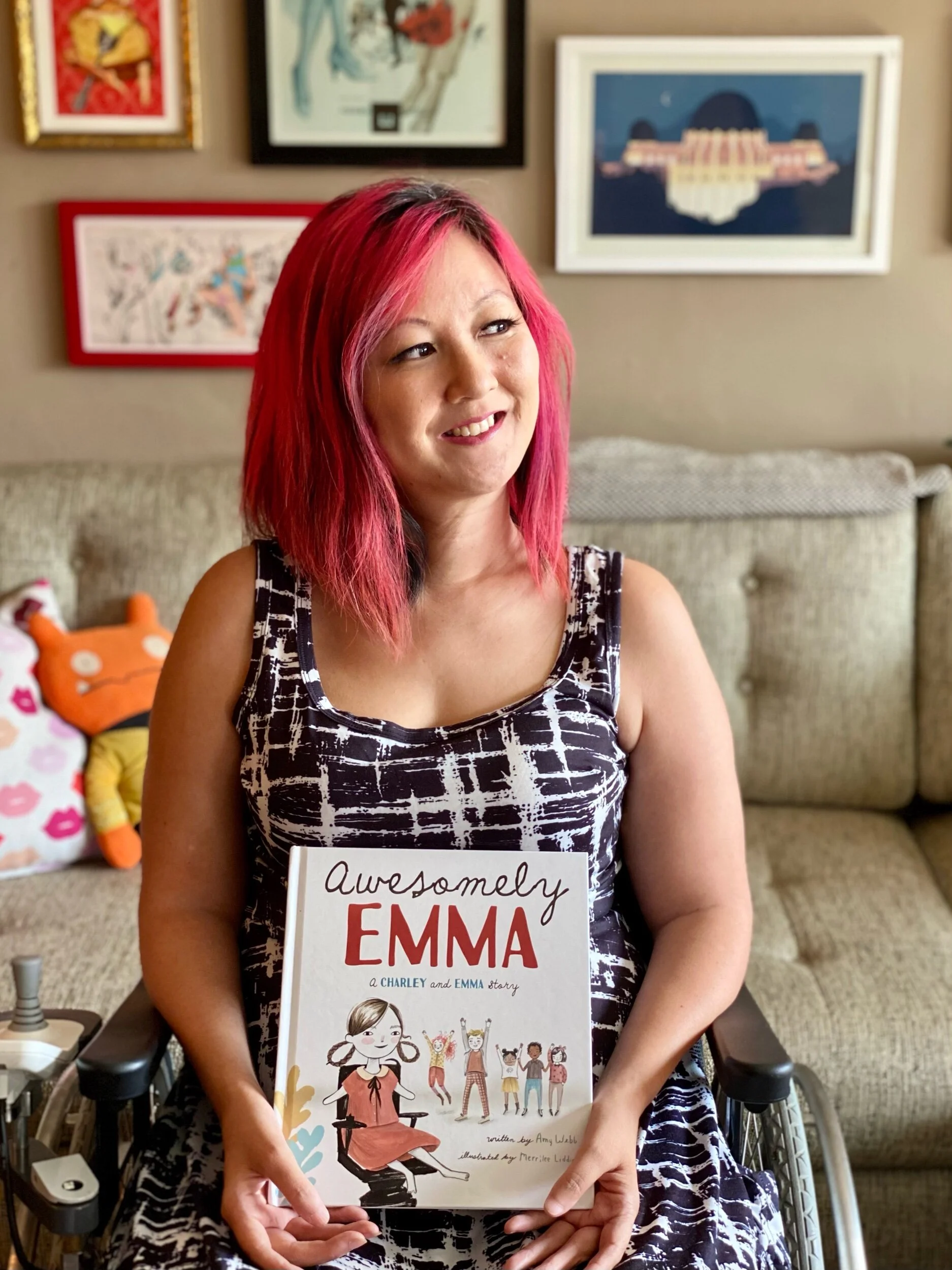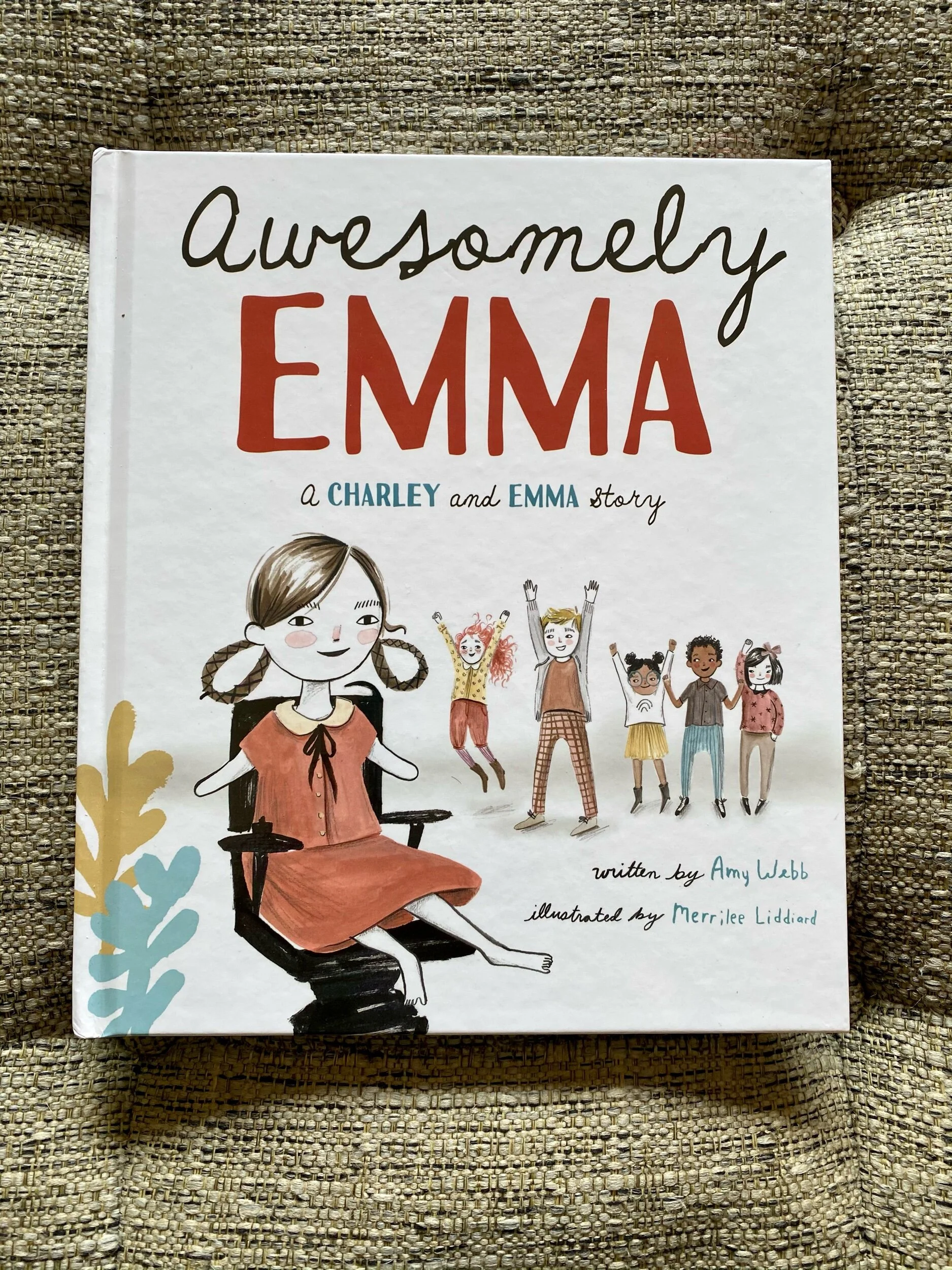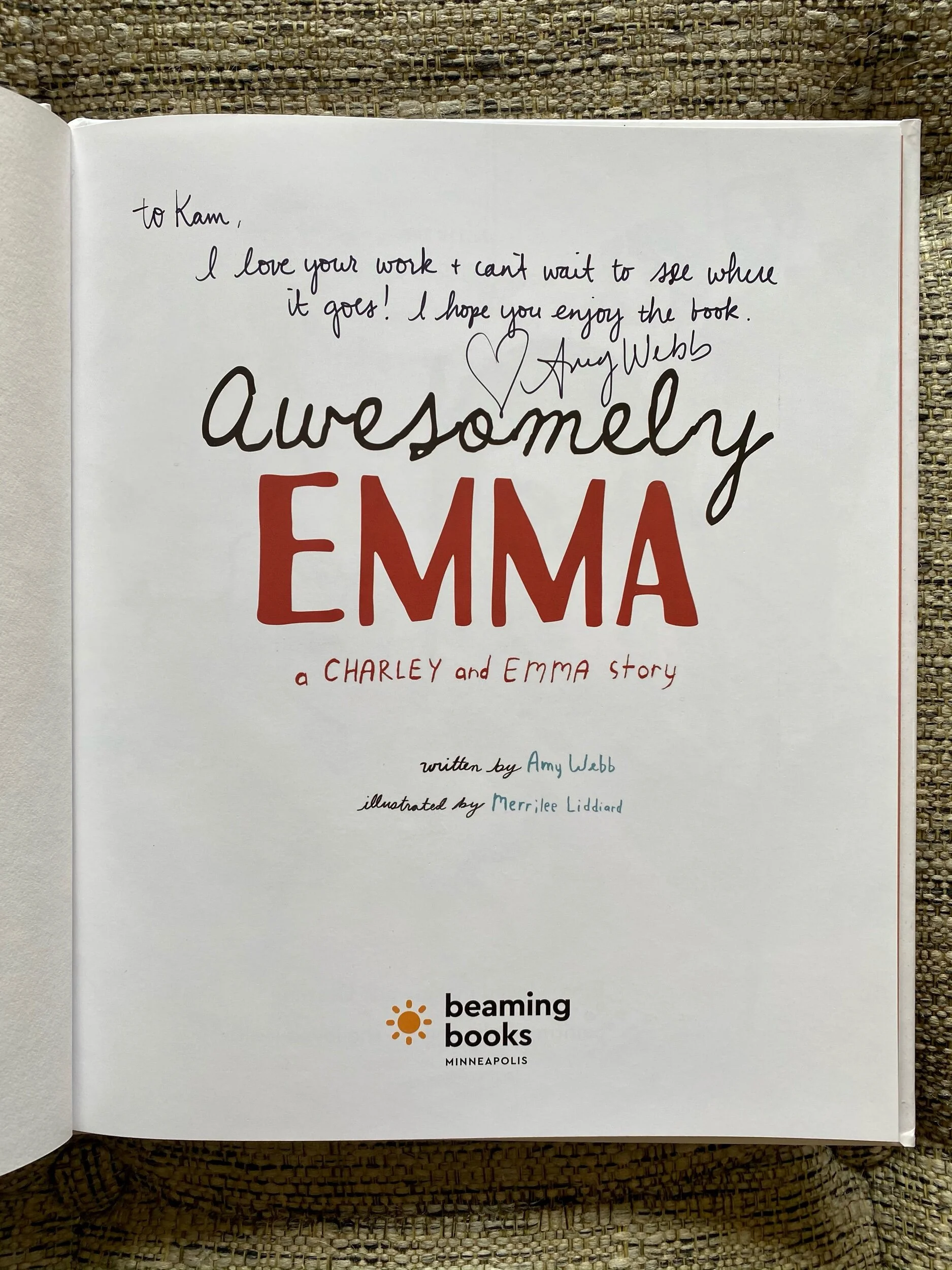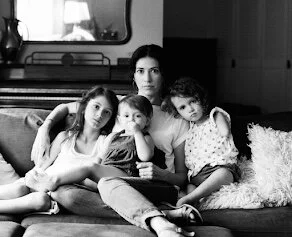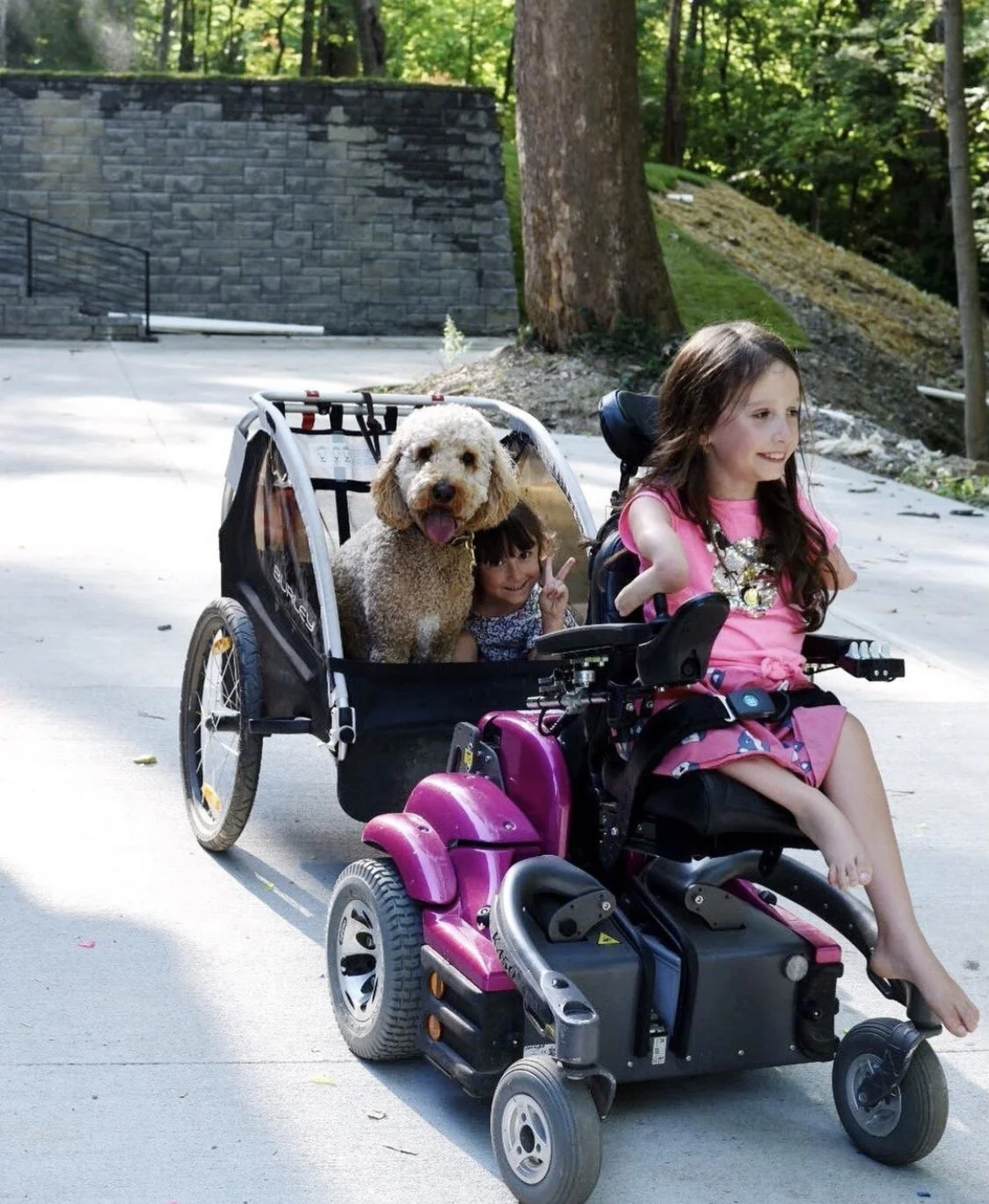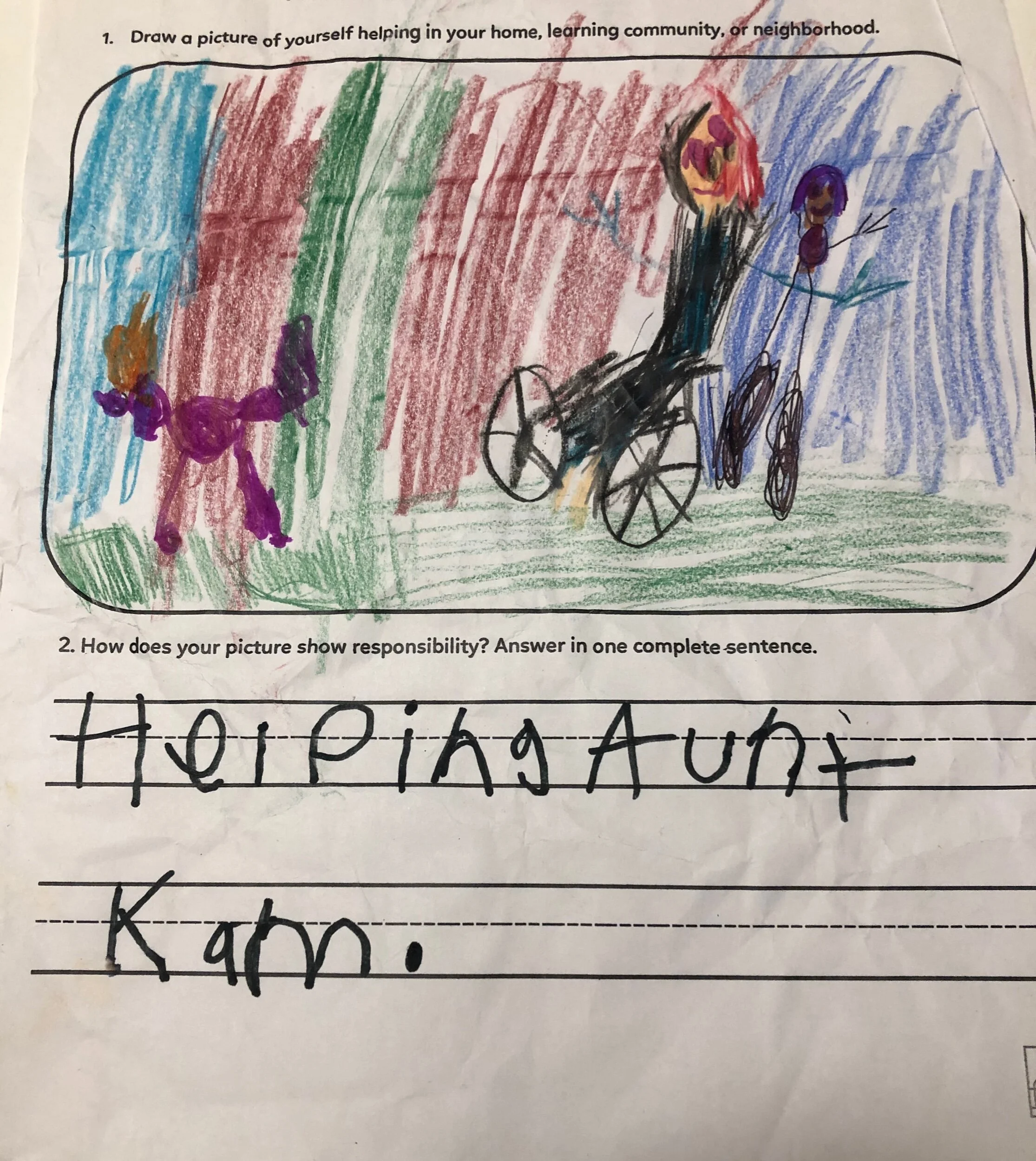*This week I reviewed 3 books about disability on my instagram.
Disability Visibility Review:
“Physical Visibility is an important step toward political/social freedom and equality.” - Alice Wong
This week on my Instagram is reviews of a few books I’ve recently read centered around disability and written by disabled folx. Here is the anthology “Disability Visibility: First-Person Stories from the Twenty-First Century,” edited by disabled activist Alice Wong. Published this summer on ADA’s 30th anniversary, Disability Visibility is a curated collection of essays that examines various disabled experiences, from physical to mental to the neurotypical, and intersectionalities that exist. It’s also one of the only anthologies written by multiple disabled people.
While our stories are all incredibly different, one area we hold in common is having to prove our worth, value and individuality to a non-disabled world not built for us.
According to the U.S. census, 20% of Americans live with a disability and yet we aren’t included into the fabric of society.
When you think of it, society has decided how “normality” should move, look, think, feel, see and act. And if you are not a picture perfect physical contributor to the capitalistic structure, you are deemed worthless. These set qualities define our inherent worth as human beings and if you fall outside this spectrum you are harshly graded accordingly.
Little is expected of disabled and when we do succeed we become front page inspiration porn material, because us overcoming the challenges placed by an ableist society is considered inspiring, while able saviors congratulate themselves for how kind and open the world is to those “less fortunate”.
This book is a good introduction to disability. The stories combat how society views disability and “the archaic belief that people with disabilities lead horrible lives that are not worth living”. But in no way is it meant to encapsulate the experience for all disabled, just like my story doesn’t. Even as a disabled person I am learning all the time.
I don’t believe ALL ignorance is malice, and much of ignorance derives from lack of exposure. But society needs the curiosity and willingness to learn another’s experience that is vastly different than their own, and this desire to know is where change and humanity can start.
It’s important to remember disability and illness is not a fringe thing as we and our loved ones all have the potential to be touched by it. So our cries for equality should be an issue we should all care about. A small example of society’s lack of concern or disregard for disabled lives is evident in the mocking attitudes of Covid and lack of access to healthcare. When hospitals get overrun it’s actually policy in several states to deny disabled Covid treatment. So the idiots who get it after calling it a hoax are still deemed more worthy for treatment than us.
We still have so far to go as society is greatly inaccessible in all ways.
Sitting Pretty Review:
“When you grow up in a world that doesn't see you or welcome you or include you or represent you, you believe the world isn't for you." - Rebekah Taussig (@sitting_pretty)
Just finished this one. Rebekah Taussig is one of my favorite (disabled) writers I’ve discovered in the Instagram world. In “Sitting Pretty: The View from My Ordinary Resilient Disabled Body”, Taussig debuts with a candid memoir about life in a wheelchair.
Taussig has lived in “a body that doesn’t work” since surviving an aggressive cancer at 14 months and paralyzed since 3. Today, she holds a PhD in creative nonfiction and disability studies. She is an English teacher, talented writer, passionate advocate for disability, wife and new to motherhood.
Much like her Instagram mini-memoirs, her book is very intelligent, witty, friendly, warm, enlightening and poignant as she charts out her experiences in being disabled, her childhood, love life, family, and career. She analyzes sex and disability, online dating, unwitting ableism and the glaring media halo that celebrates particular groups, while portraying disabled as sad, less than and “inspirational” simply for being disabled. She expresses how disheartening the physical and psychological barriers placed upon us by society can be. She tales the panic of losing medical insurance and what it’s like to feel all eyes on us (able gaze) no matter where we go, when all we want is not to be defined by our disability. She expresses constant safety concerns in something as simple as taking an Uber. In general women have to plot out so many of our moves when it comes to safety, something men never have to consider, but disabled women even more so.
She writes with vulnerability and compassion while eloquently etching what it’s like living with disability in a society that doesn’t include us, yet prefers to overlook us because looking us in the eye is too uncomfortable. Too often in discussions about diversity and inclusion, disability is omitted from the conversation.
As I read her book my mind periodically wandered to some of my own parallel experiences. I would weep and have to put the book down. Perhaps it was a single word that stirred my own emotions, which wasn’t all sadness though no doubt a sense of grief and loss from a progressive deterioration disease is always lingering in the background like some wispy aromatic perfume. Reading her life stirred a planar vista view of my own last 41 years; all I’ve seen, learned, grown, gained and lost — a one shock life lesson dished out to me in a single vision.
What I’ve grown to love so much about storytelling, and perhaps always did but never felt formerly trained or competent, was the ability to learn, empathize and be surprised. Each story is filled with their own private corners of figuring out their place in this world, and I’m always thirsting to learn how others connected their own dots to form their unique path. I think it’s a really beautiful thing to share and be shared to. In these intimate moments our defenses, ignorance, hate, fear or preconceived notions disintegrate and maybe, even if for a moment, we can live in harmony — recognizing that we really aren’t that different from each other, and where we are different is the single thing that humanizes us.
I’m looking forward to writing my own memoir in the future. There are very few books written on or featuring disability and even fewer disabled writers are published. And, most scholars of disability studies accepted into this academic arena are white able-bodied individuals. This is a problem.
Society’s structure and infinite narrow canals of thoughts is the problem, not us. To be seen, to be heard is all we are asking for. So, be seen.
The future is...hopefully accessible for all. Give her book a read, and I also recommend her latest Time’s article, “I've Been Paralyzed Since I Was 3. Here's Why Kindness Toward Disabled People Is More Complicated Than You Think”.
Awesomely Emma Review:
Here is my last book review for this week. I have pages of long lists of books I need to read but rarely get to it due to a busy work life, unending advocacy and a body that doesn’t want to cooperate. But after many books on disability came out this year, I made sure to force myself to set time aside and listen to the voices of my community. I also thought it was important to share books on disability to my able-bodied and disabled followers.
Meet Amy Webb (aka Miggy); a blogger, author, wife and mom of three girls. Amy’s blog became especially popular after the birth of her second daughter “Lamp” who was born with a condition called Microgastria and Limb Reduction Complex. Lamp has limb differences on all 4 limbs.
I recently happened across Amy’s Instagram. Knowing how rare disability is featured in children’s books, or any book, film or media, for that matter, her 2020 picture book Awesomely Emma caught my attention. We began exchanging messages and I shared my picture book (Monster and Me) inspired by my rare disease that I’m currently working on. She in turn sent me a copy of her book with a lovely message inscribed inside.
Amy’s first picture book was When Charley Met Emma. Awesomely Emma, follows a similar thread of attempting to expand what the picture book marketplace looks like; highlighting disability, inclusion and inaccessibility.
Awesomely Emma is a story of a disabled young girl with limb differences who loves art and is her own best advocate as she is empowered to share the good news that “all bodies are wonderful” with her peers.
“I didn’t really notice seeing myself in the world around me, because I had been conditioned to expect to see myself.
But as the mother of a daughter who never sees herself represented in the world around her (except for the books her mother wrote) I can tell you the impact is real. You don’t get to go to the playground and just play, you have to explain your body to your peers and potential friends first. You don’t just go to school on the first day like every other kid, your mom comes and does a slideshow presentation to help other kids understand your differences so they don’t stare and call you names. For a long time I accepted this as “it’s just the way it is.” Now I realize, the lack of representation is why it “is the way it is.” -Amy Webb
One way to teach empathy is through visibility. Children are keenly moldable and adaptable, it’s adults who have difficulties in accepting differences. To children, everything is fresh and they don’t hold prejudices or biases like we do. They accept things until adults get involved and mess it all up. But they can only learn and understand what they are exposed to.
Amy’s reason for writing these books is exactly why I am writing and illustrating my first picture book on disability. Our stories are unique and add to the complex narrative that is humans, and the more complexity society sees, the better off we will be. Allowing children to see variation raises a new generation that is more aware, tolerant, inclusive and empathetic. My sister-in-law sent me a drawing my niece recently drew (in gallery) and it was wonderful to see how she sees me. To my little niece, Charlie, I’m just Aunt Kam on wheels.
After recently losing a lot of my newer picture book art and writing, receiving this encouraged me to get back to it and get it done. I’ve been battling my own insecurities of doing something, yet again, that I’m not trained in. That, and health, work and advocacy distractions that are hard to turn down. But I’m trying to finish my children’s book by the end of this year and hope to be holding my children’s book like this next year.
Thanks to Amy for being a voice for her daughter, disability, inclusion and for sending me her book. Her book is a good way to start inclusive discussions with your children. I’m
And, there you have it. I hope you’ve enjoyed learning about a few books on disability. Hope to do more reviews in the future. Always take the initiative to teach yourself more. Be curious. Be open.
#kamwrites #kamdraws #kamswheelstravel / Instagram.com/kamredlawsk / Facebook.com/kamredlawsk / Twitter.com/kamredlawsk / Instagram.com/chairdevils

